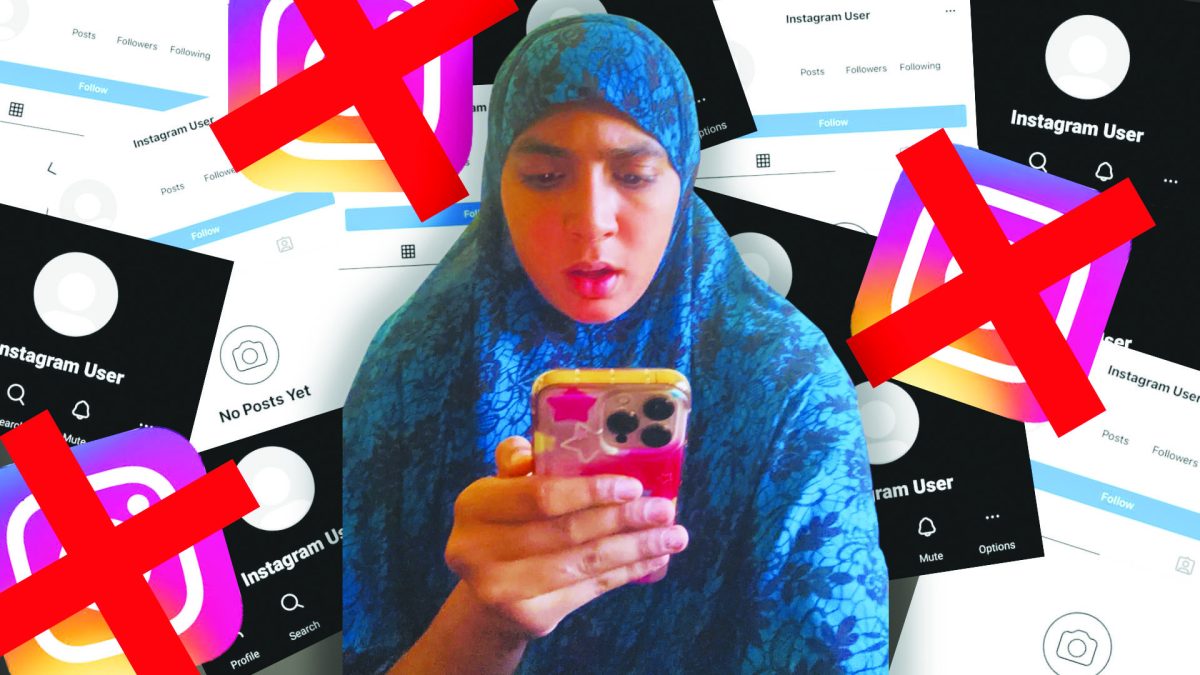Picture this: the bell rings, the hallways are full with chatter, and everyone’s heads are buried in their phones—scrolling TikTok, snapping selfies, or sneaking in a quick text before class.
But what if, come January, all those phones disappeared?
That is the scenario a lot of Virginia students might face as the school considers stricter phone policies in response to a statewide directive.
“The governor made an order…saying that cell phone usage is prohibited,” Principal Shawn DeRose explained. “Every school has been tasked to come up with a plan by January 1, 2025, to deal with cell phone use in schools or prohibit students from using their phones during school hours,” DeRose added.
Some schools in Virginia are already testing phone bans, including the use of the viral lockable phone pouches that keep devices secured throughout the day. Even though they seem efficient, they might not be coming to AHS.
According to Yondr Spokesperson, these little pouches can cost up to 30 dollars per student, and supplying every student with one would cost around 66 thousand dollars.
“A lot of times, the cost is placed on the school to purchase those things [lockable pouches], and those things can be really expensive,” DeRose said.
For schools that have piloted different phone policies, however, the results are promising.
“The cell phone policy has been extremely successful,” DeRose said. “Students are more engaged, [and] mental health issues, for instance relating to social media, that sometimes spill over into the school day have been drastically reduced. Middle schools are seeing this success the most, but high schools are as well.”
Not surprisingly though, many AHS students are not thrilled about the idea. “I would hate a phone ban,” said freshman Melanie Vera.
“In middle school, teachers were so strict, and having that again in high school would actually ruin high school.”
Senior Michael Gomez hopes a ban does not happen until after he graduates. “I really hope it starts after the Class of 2025 leaves,” he said. “It’s my senior year, just give me 6 more months and then they can do anything.”
Currently, AHS teachers are not allowed to confiscate students’ phones, and DeRose does not want that to change, even if new rules are introduced.
“I don’t want teachers getting into a power struggle with students,” DeRose emphasized. “I want them to ask politely, ‘Hey, can you put your phone away?’ If there’s a situation where it becomes a power struggle, I’d prefer teachers make a referral for an administrator or security to handle the situation.”
For now, the fate of phones at AHS depends on the results of pilot programs at other schools, which are expected in January. Whether phones stay or go, one thing’s for sure: 2024 could be the year teenagers finally put their phones down.
Enjoy your screen time while it lasts, AHS—big changes might be just around the corner.












